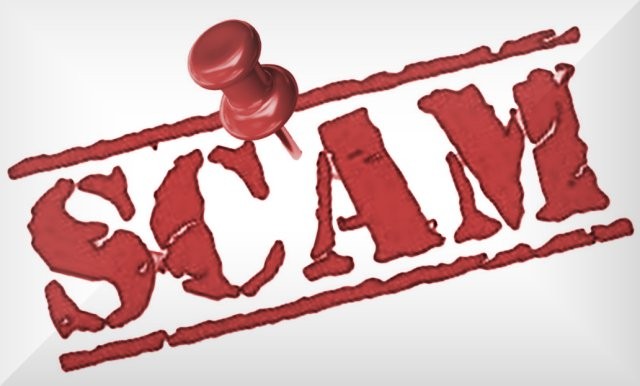Is Forex a Scam
Post on: 4 Июнь, 2015 No Comment

In a single word, the answer to the question posed above is no. But this does not mean that scams do not exist. If you exhibit care in forex trading, you would not become a victim to a foreign currency scam or lose your money.
No matter what the industry, scams are common everywhere and the same can be said for foreign currency trading. When you delve deeper, you would actually come across many people who try to fool a trader and steal his money, particularly if he is new to the currency trading industry.
But what must be mentioned here is that this is only one side of the picture. The other side is quite the opposite, and sheds an entire different light on the industry. Analyzing it would make you realize that forex trading is a legitimate business that can provide you with impressive profits, particularly if you spend some time in this market. Obviously, you would not get rich over night, but give it time, and you will start earning amount of money if you trade currency pairs by using the right strategies.
The advantages of foreign currency trading has surged its popularity. Unfortunately with this, forex scams are also on the rise, and particularly target new traders. Since the market is not regulated, they easily become a target and set up an account with illegal or deceptive brokers.
Despite all this, the good news is that people can recognize a forex scam, and avoid it as well.
Defining a Forex Scam
The definition of a forex scam is quite wide. The term can be used for a trading scheme in which people are defrauded and convinced that they would make big money in the foreign currency industry if only they would up an account with a certain broker, and use it to conduct trades in the market. A scam can also refer to a broker who does not return profits to those people who trade currency pairs through him. As such, these people cannot withdraw money from their account. Moreover, if a broker does not exhibit transparency in his pricing scheme, then also he may be dealing in scam in the forex market.
Types of Forex Scam
There are several types of forex scams in the market. Here are some of the most popular ones.
Signal Sellers
Every other day, people find a new company springing up in the market the claims to offer a signal service which has an edge over all other existing services. This company states that they sell useful information which can help in making trades. Charges are taken on a daily, weekly or monthly plan, but the provided information does not have noticeable results.
Investment Scams
In the last few years, the High Investment Yield Program or HYIP have become quite popular. However, you should be wary of these because most of them are just scams. You are promised a high level of return for money that you deposit into another account so that it can be utilized by these programs. Obviously, your invested money just goes to waste.
Miracle Software
When in the forex trading world, keep one thing in mind. No software program can predict the market conditions accurately. However, there are plenty of software applications out there which state otherwise. Avoid all of them.
Things to be Careful About
As already mentioned, scams in forex markets can easily be avoided. All you have to do is, be on the lookout for the following.
- High Profits Promises. If someone is promising you of earning high profits the easy way in just a short time, you might be about to become a scam victim. True profits are there, but they cannot be availed until you encounter difficulties and minimize risks.
- Regulation. A local agency in every region authorizes forex brokers who offer their services in the area. For Australia and several other countries in the Asia Pacific region, this organization is Australian Securities and Investment Commissions or ASIC. As such, you should open an account only with a regulated forex trading broker. If you come across a broker who does not have this regulation, he might be a fraud.
- Transparency. A forex trading broker should disclose every fees and charges that he takes. If you come across a broker, who does not clearly state his spread or offers low spreads may indicate a scam. This is because low spreads often widen when the markets become volatile.
- Security. Avoid using a broker if his security system is not well known. You have to submit sensitive information such as your account number and credit card number over the internet, so you cannot afford if it got leaked and was misused. So unless the website is secured by SSL or Verisign, do not provide any such details.














